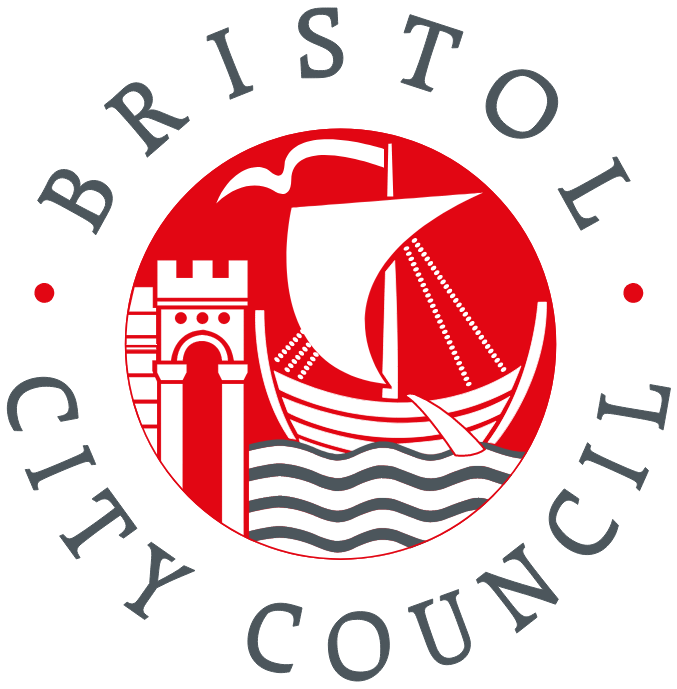
A decade of austerity has plumetted local authorities into a cost of operating crisis. Councils across the country collectively forecast additional costs of £3.4 billion in 2023/24 to retain services at pre-pandemic levels. Locally, Bristol City Council have forecast a deficit in their budget of between £37.5 million and £87.6 million over the next five years. That we face a challenging economic context is a matter of record, and Voscur supports Bristol City Council as it contends with myriad local, national and international difficulties
Now working to reduce expenditure and increase income, the council has launched a consultation on their preliminary strategies to raise £46 million over the next five years. Voscur encourages the participation of VCSE organisations in this consultation - please click here to share your insight.
One option is to asset transfer Bristol's pools, libraries, green spaces and social clubs to local VCSE organisations. Lots of communities stand ready and willing to take these spaces on, but there is a risk that only the least deprived areas of the city will have the capacity to undertake this - causing an inequitable transfer of ownership, compounding the already inequitable implications of austerity.
Should income from grants dry up, more and more freshly-transferred community organisations may end up vying for fewer and fewer pots of money. This would risk the sector engaging in competitive, rather than collaborative, working, and run counter to the One City approach.
This crisis demands big-picture thinking. Social Care, for example, is a core statutory function of the local authority, and our CEO Rebecca Mear recently wrote in the Mayor's blog about the necessity of diverting funds upstream from acute treatment to preventative innovations, as a strategic response to austerity.
As the city works to find innovative solutions to the cost of living crisis, Voscur continues to bring the expertise of the sector to city leadership boards and committees across a range of priority areas.